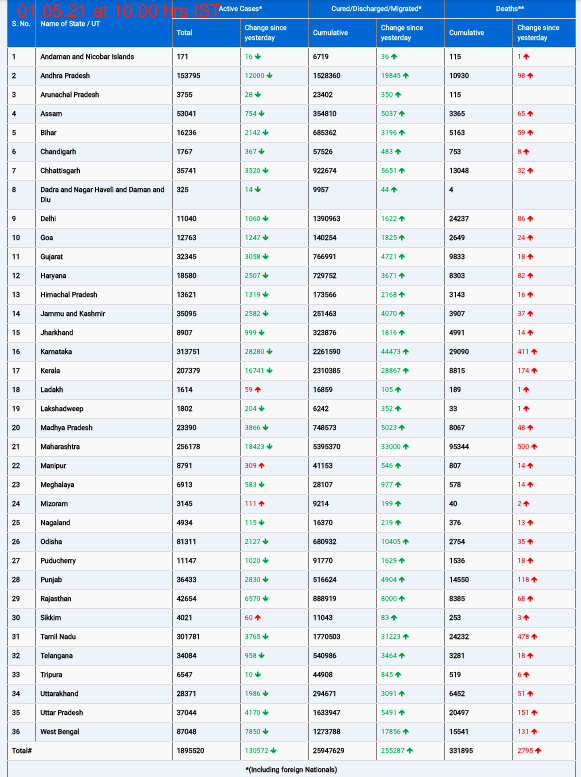Edinburgh, Scotland: Researchers at the University of Edinburgh have developed a groundbreaking machine learning-based screening method that is 98% effective in detecting breast cancer at its earliest stage, according to a recent study. This pioneering approach, which combines laser analysis with advanced machine learning algorithms, offers a fast, non-invasive alternative to existing diagnostic techniques.
The study, published in the Journal of Biophotonics, highlights the tool’s ability to identify subtle changes in the bloodstream during stage 1a breast cancer, which often go undetected by current screening methods such as physical examinations, X-rays, ultrasounds, and biopsies. By addressing this critical gap, the method has the potential to revolutionize early breast cancer detection and improve patient outcomes.
How It Works
The novel technique leverages a specialized laser analysis process known as Raman spectroscopy, which examines blood plasma samples from patients. A laser beam is directed into the plasma, and a spectrometer device analyzes the properties of light after interacting with the blood. This analysis reveals minute chemical changes in cells and tissues that indicate the presence of early-stage cancer.
The data obtained through Raman spectroscopy is then processed by a machine learning algorithm that interprets the results. In their pilot study involving 12 breast cancer patients and 12 healthy controls, researchers achieved 98% accuracy in detecting stage 1a breast cancer.
Early Detection and Personalized Treatment
The tool not only detects cancer at its earliest phase but also distinguishes between the four major breast cancer subtypes with more than 90% accuracy. This capability is significant for tailoring effective, personalized treatment plans for patients, ensuring they receive therapies best suited to their specific cancer type.
“The combination of Raman spectroscopy and machine learning offers unprecedented accuracy and speed in identifying breast cancer in its earliest stages. This method has the potential to transform cancer diagnostics and patient care,” said the researchers in a statement.
The Future of Cancer Screening
Current breast cancer screening methods rely on age-based or risk-based criteria, often missing the disease in its early phases. By identifying stage 1a breast cancer with such high precision, this new approach could pave the way for a universal and more effective screening test not only for breast cancer but also for other types of cancers.
While the pilot study involved a small sample size, the results are promising, and researchers are optimistic about scaling the technique for larger clinical trials. If successful, this innovative tool could become a game-changer in the global fight against cancer, saving countless lives through early detection.












